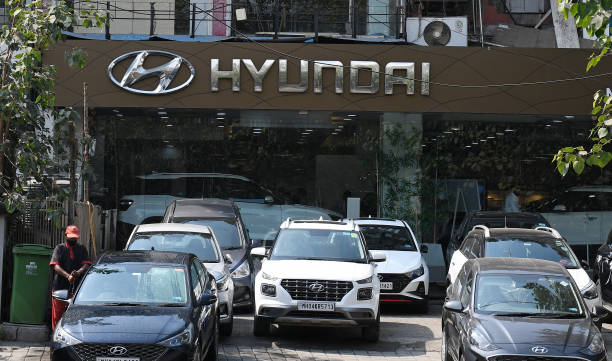
New Delhi, August 18, 2025 – The Union government is weighing a proposal to reduce Goods and Services Tax (GST) on cars and two-wheelers from 28% to 18%, potentially bringing festive cheer to vehicle buyers this Diwali.
The tax cut is part of the Centre’s broader GST rationalisation plan, which aims to simplify India’s four-tier structure (5%, 12%, 18%, 28%) by retaining only the 5% and 18% slabs, while eliminating the 12% and 28% rates.
🚗 Current GST Structure on Vehicles
- Battery EVs: 5% GST (no cess)
- Hydrogen fuel-cell vehicles: 12% GST (no cess)
- Three-wheelers: 28% GST (no cess)
- Two-wheelers up to 350cc: 28% GST (no cess)
- Two-wheelers above 350cc: 28% GST + 3% cess = 31%
🚙 Cars & SUVs
- Small petrol/CNG/LPG cars (up to 4m length, 1200cc engine):
28% GST + 1% cess = 29% total - Small diesel cars (up to 4m, 1500cc engine):
28% GST + 3% cess = 31% total - Hybrids (≤4m, 1200cc petrol / 1500cc diesel): 28% GST (no cess)
- Larger hybrids: 28% GST + 15% cess
- Passenger vehicles (10–13 seats): 28% GST + 15% cess
- Commercial goods vehicles & buses (>13 seats): 28% GST (no cess)
Luxury cars and premium models may be placed under a proposed new slab of 40%.
💰 Impact of Proposed GST Cut
A reduction from 28% to 18% would directly bring down ex-showroom and on-road prices, boosting affordability across entry-level segments.
- Small cars and commuter two-wheelers are likely to benefit the most, since these segments face the steepest affordability challenges.
- Middle-class and rural buyers, particularly first-time owners, could see a demand resurgence.
- The move may stimulate auto sector recovery, which has struggled in recent years with muted sales growth.
📊 Industry Voices
- S&P Global Mobility’s Vangaal:
“Entry-level models could see a demand uptick if the GST cut is passed through without additional levies. However, lack of clarity may keep buyers cautious in the short term.” - Primus Partners’ Dhaka:
“A GST cut is likely to benefit entry-level cars and two-wheelers the most. These segments have been hit hardest by affordability issues, and lower taxes could spark a rebound in first-time purchases.”